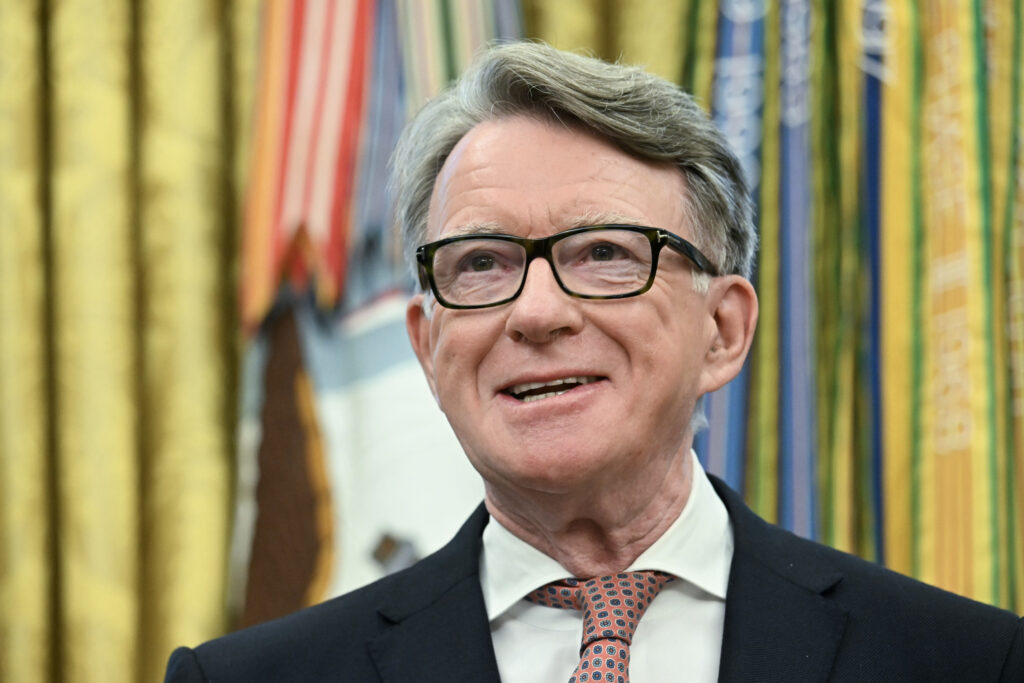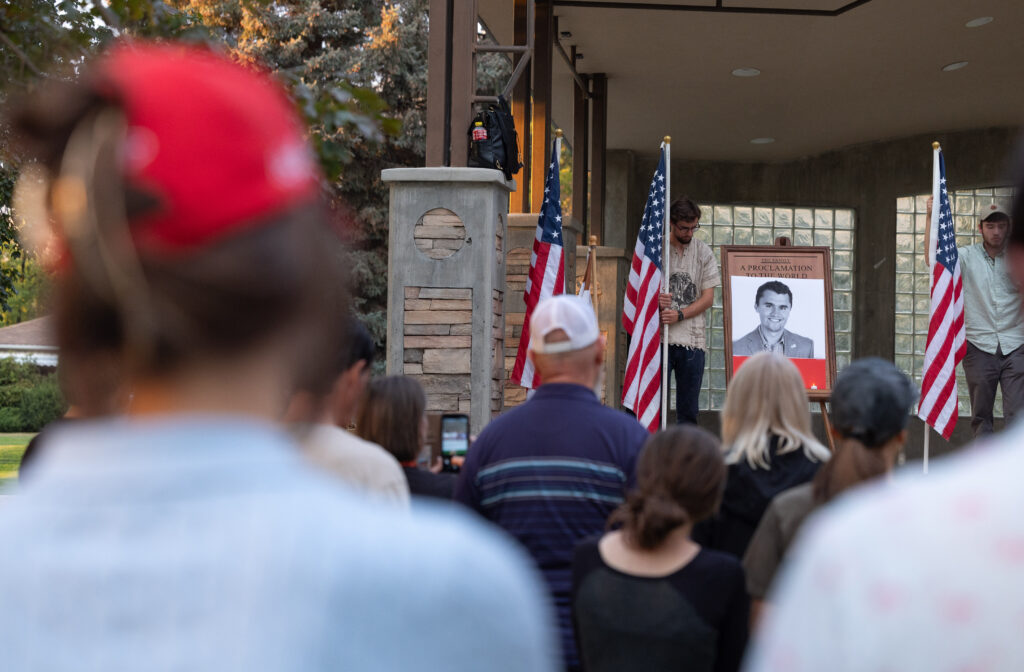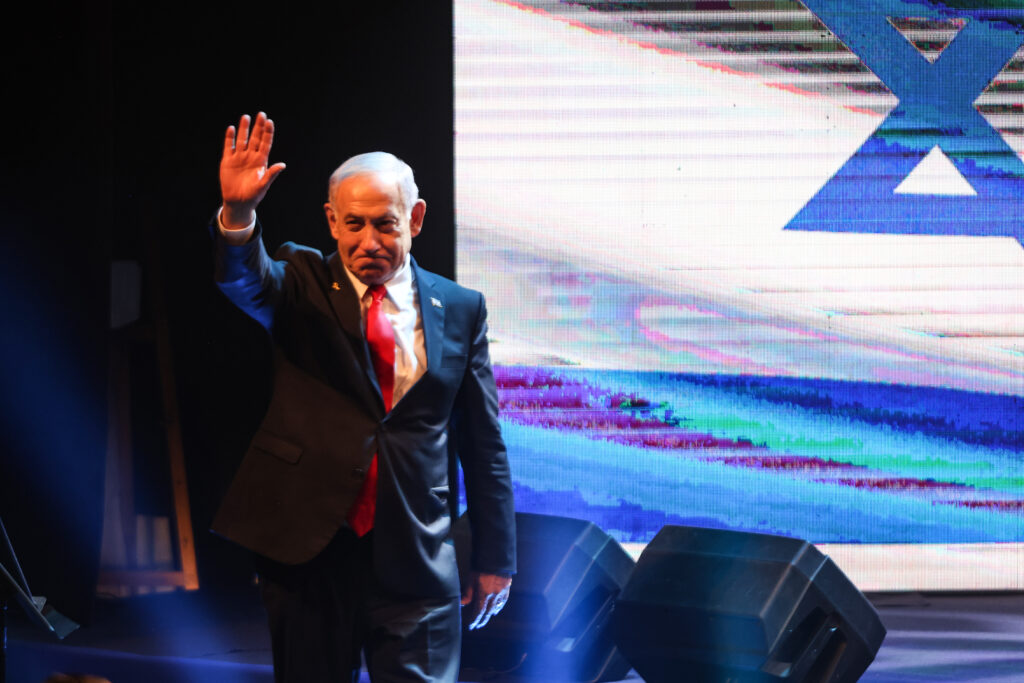L’ambassadeur britannique aux Etats-Unis limogé, emporté par l’affaire Epstein
L’ambassadeur britannique aux Etats-Unis, Peter Mandelson, a été limogé jeudi en raison de ses liens avec le délinquant sexuel américain Jeffrey Epstein, un revers de plus pour le Premier ministre Keir Starmer avant la visite d’Etat de Donald Trump au Royaume-Uni.La pression montait depuis plusieurs jours sur Keir Starmer, qui avait nommé il y a moins d’un an cet architecte du “New Labour” de Tony Blair, pour tenter de consolider les liens entre son gouvernement et la nouvelle administration Trump.Des mails entre le vétéran du parti travailliste de 71 ans et le financier américain, mort en prison en 2019, révélés cette semaine, “montrent que la profondeur et l’étendue des relations de Peter Mandelson avec Jeffrey Epstein sont sensiblement différentes de celles connues au moment de sa nomination”, a indiqué le ministère des Affaires étrangères dans un communiqué.”Compte tenu de cela, et par égard pour les victimes des crimes d’Epstein, il a été révoqué comme ambassadeur avec effet immédiat”, a ajouté le Foreign Office.Dans une lettre écrite par Peter Mandelson pour les 50 ans de Jeffrey Epstein en 2003, et publiée en début de semaine par des parlementaires à Washington, le Britannique affirme que le financier américain est son “meilleur ami”.Interrogé mercredi après la publication de cette lettre, le Premier ministre Keir Starmer lui avait apporté son soutien, assurant que Peter Mandelson avait “exprimé à plusieurs reprises son profond regret d’avoir été associé” à Jeffrey Epstein. Mais cette position est rapidement devenue intenable.En fin de journée mercredi, des médias britanniques, dont le tabloïd The Sun, ont rapporté que M. Mandelson avait envoyé des mails de soutien à Jeffrey Epstein alors que ce dernier était poursuivi en Floride pour trafic de mineures. Juste avant que M. Epstein ne plaide coupable pour conclure un arrangement dans cette affaire en 2008, Peter Mandelson lui aurait écrit: “Je pense énormément à toi et je me sens impuissant et furieux à propos de ce qui est arrivé”, l’incitant à “(se) battre pour une libération anticipée”.”Je regrette vraiment très profondément d’avoir entretenu cette relation avec lui bien plus longtemps que je n’aurais dû”, avait tenté de se défendre l’ambassadeur dans un entretien diffusé mercredi sur la chaîne YouTube du Sun.Il y a affirmé n’avoir “jamais été témoin d’actes répréhensibles” ou “de preuves d’activités criminelles”.- “Sérieuses questions” -“L’affirmation de Peter Mandelson selon laquelle la première condamnation de Jeffrey Epstein était injustifiée et devait être contestée constitue une nouvelle information”, a fait valoir le Foreign Office pour expliquer la décision de le limoger.Dans une lettre au personnel de l’ambassade, citée jeudi soir par la BBC, Peter Mandelson affirme que ce poste a été le “privilège” de sa vie. “Je regrette profondément les circonstances qui entourent l’annonce faite aujourd’hui”, ajoute-t-il.Les relations entre Londres et Washington sont “en très bonne posture”, se félicite l’ex-ambassadeur, disant en tirer une “fierté personnelle”Pour Keir Starmer, ce départ, à une semaine de la visite d’Etat du président Donald Trump au Royaume-Uni les 17 et 18 septembre, est un nouveau coup dur. Le dirigeant travailliste, au plus bas dans les sondages, a déjà dû se séparer il y a quelques jours de sa vice-Première ministre, Angela Rayner, emportée par une affaire fiscale, ce qui a déclenché un remaniement de taille du gouvernement.Trois fois ministre et commissaire européen, Peter Mandelson était le premier responsable politique nommé ambassadeur à Washington, un poste traditionnellement réservé à des diplomates chevronnés.Cet homme de réseaux et d’influence, surnommé le “Prince des ténèbres”, était déjà tombé à deux reprises par le passé en raison d’accusations de comportements répréhensibles ou compromettants.La cheffe de l’opposition conservatrice Kemi Badenoch a fustigé le “manque de courage” de Keir Starmer, qui “a encore échoué à un test de son leadership”.
Charlie Kirk murder a grim reminder of US political violence
The killing of right-wing influencer Charlie Kirk, an ally of President Donald Trump, marks a new milestone in an increasingly violent political scene in the United States.Officials are treating the gunning down of Kirk, 31, at a university in Utah as a politically motivated assassination — something that Trump has called a “dark moment for America.”The US president himself, known like Kirk for his divisive rhetoric, was targeted by a would-be assassin in July 2024 during an election campaign in Pennsylvania. He escaped with just a minor injury to his right ear but the attempted killing shook the United States, which has a long line of murdered presidents, politicians and activists.It’s a violent history that does not discriminate on either side of the political aisle. In June, a masked shooter killed Minnesota lawmaker Melissa Hortman, a Democrat, and her husband at their home. Another elected official and his wife were also targeted and seriously injured. And Pennsylvania Governor Josh Shapiro — touted last year as a presidential hopeful — had his home set alight in April in an alleged assassination attempt. Kirk’s death in front of a crowd of hundreds has particularly shaken conservative politicians. Trump, whose own supporters attacked the US Congress in 2021 after his election loss, condemned political violence in a video address late Wednesday. But rather than calling for unity, he took aim at the “radical left” for rhetoric that Trump said “is directly responsible for the terrorism that we’re seeing in our country today, and it must stop right now.”And listing recent instances of political violence in the US, he notably did not mention the killing of Melissa Hortman. Trump’s finger pointing was repeated by other conservative figures including Elon Musk, who wrote on X: “The Left is the party of murder.”In the House of Representatives late Wednesday, Republican speaker Mike Johnson observed a silent prayer in tribute to Kirk.But even that led to conflict, as a loyal Trump lawmaker Lauren Boebert’s request that the prayer be said aloud was rejected by Democrats, who cited another shooting at a high school in Colorado on Wednesday. “You all caused this,” shouted Anna Paulina Luna, a Republican from Florida, in apparent reference to Kirk’s murder. That dramatic scene seemed to show how Congress, much like American politics, has tipped into more extreme polarization, even on such a somber night.
Israel PM vows ‘there will be no Palestinian state’
Israeli Prime Minister Benjamin Netanyahu vowed on Thursday that there would be no Palestinian state, speaking at a signing ceremony for a major settlement project in the occupied West Bank.”We are going to fulfil our promise that there will be no Palestinian state, this place belongs to us,” Netanyahu said at the event in Maale Adumim, an Israeli settlement just east of Jerusalem.”We will safeguard our heritage, our land and our security… We are going to double the city’s population.” The event was streamed live by his office. Israel has long had ambitions to build on the roughly 12 square kilometre (five square mile) tract of land known as E1, but the plan had been stalled for years in the face of international opposition.The site sits between Jerusalem and the Israeli settlement of Maale Adumim, near routes connecting the north and south of the Palestinian territory. Last month, Israel’s far-right Finance Minister Bezalel Smotrich backed plans to build around 3,400 homes on the ultra-sensitive parcel of land.His announcement drew condemnation, with UN chief Antonio Guterres saying the settlement would effectively cleave the West Bank in two and pose an “existential threat” to a contiguous Palestinian state.All of Israel’s settlements in the West Bank, occupied since 1967, are considered illegal under international law, regardless of whether they have Israeli planning permission.Several Western governments, including Britain and France, have announced they intend to recognise the State of Palestine at the United Nations later this month.Britain has said it will take the step if Israel fails to agree to a ceasefire in the devastating Gaza war, triggered by Palestinian militant group Hamas’s October 2023 attack.Far-right Israeli ministers have in recent months openly called for Israel’s annexation of the territory.Israeli NGO Peace Now, which monitors settlement activity in the West Bank, said last week that infrastructure work in E1 could begin within a few months, and housing construction within about a year.It said the E1 plan was “deadly for the future of Israel and for any chance of achieving a peaceful two-state solution”.Excluding Israeli-annexed east Jerusalem, the West Bank is home to around three million Palestinians, as well as about 500,000 Israeli settlers.
Charlie Kirk killing: FBI releases photos of wanted man
US authorities investigating the killing of right-wing youth leader Charlie Kirk released pictures Thursday of a man they were hunting, as Donald Trump paid tribute to a “giant of his generation.”Kirk, a 31-year-old superstar on the Republican right who was credited with helping Trump return to the presidency last year, was shot while addressing a large crowd at Utah Valley University on Wednesday.The killing — described by the FBI as a “targeted event” — shocked a nation already reeling from political tensions half a year into Trump’s second term.Authorities acknowledged the gunman remained at large after having escaped initially into woodland.”We’re doing everything we can to find him, and we’re not sure how far he has gone yet, but we will do our best,” FBI Special Agent Robert Bohls told a media briefing.Authorities said the suspect was of university age and that they had quality video footage, yet to be released, identifying the man. The FBI also announced a reward of up to $100,000 for information.The FBI issued grainy photos of a person of interest — not yet a suspect — and asked for the public’s help identifying him. The pictures showed a man wearing a black baseball cap, dark sunglasses, and what appeared to be jeans, with a long-sleeved top emblazoned with a design including an American flag.Bohls said the presumed murder weapon had been found.”It is a high powered bolt action rifle. That rifle was recovered in a wooded area where the shooter had fled,” the FBI agent said.- ‘Dark moment’ -Reflecting the intensely political nature of the incident, it was Trump, rather than law enforcement authorities, who first announced to Americans on Wednesday that Kirk had died from the gunshot to his neck.Trump then addressed the nation in a video address on social media in which he cited a “dark moment for America.”Despite no public information about the shooter’s identity or motive, the president went on to suggest that the left wing was responsible — and to pledge a wide-reaching response.”For years, those on the radical left have compared wonderful Americans like Charlie to Nazis and the world’s worst mass murderers and criminals,” he said. “This kind of rhetoric is directly responsible for the terrorism that we’re seeing.”On Thursday Trump used a tribute to victims of the September 11, 2001 attacks 24 years ago to honor Kirk.”Charlie was a giant of his generation, a champion of liberty and an inspiration to millions and millions of people,” Trump said, adding that he would be posthumously awarding the activist the Presidential Medal of Freedom, America’s highest civilian honor.- Shot in neck -Kirk was shot while speaking to the crowd and immediately collapsed in his chair.Students at the university described the ensuing panic — and their broader fears as political divisions deepen across the country.”It makes me feel like I should be very careful about expressing my political ideas,” said Samuel Kimball, a software engineering student, told AFP.Utah Governor Spencer Cox, a Republican, called the killing a “political assassination.”Kirk, who supporters have hailed as a “martyr” for conservative ideals, had an outsized influence in US politics.He co-founded Turning Point USA in 2012 to drive conservative viewpoints among young people, his natural showmanship making him a go-to spokesman on television networks.Kirk used his enormous audiences on TikTok, Instagram and YouTube to build support for anti-immigration policies, outspoken Christianity and gun ownership, and to spread carefully edited clips of his interactions during debates at his many college events.Three months ago, a Minnesota man shot dead a Democratic lawmaker and her husband in their home, and Trump survived an assassination attempt during his election campaign in July 2024.Vice President JD Vance was due to travel to Utah to meet Kirk’s family Thursday, a source familiar with the plans said, after he canceled a trip to New York to mark the 9/11 attacks anniversary.
South Korean workers head home after US raid stunned ally
Hundreds of South Koreans detained in a US immigration raid flew out on Thursday, after a stunned Seoul warned that the “bewildering” episode could have a chilling effect on future investment. South Koreans made up the majority of the 475 people arrested last week at a Hyundai-LG battery factory site in the state of Georgia, triggering a delicate effort to resolve the thorny situation between close allies.A specially chartered Korean Air Boeing 747-8I plane was seen flying out of Atlanta after South Korea said it resolved the standoff. President Donald Trump’s administration remained tight-lipped.Photographs run by the Yonhap news agency showed the workers smiling and waving as they boarded buses after days in US detention.South Korea is a staunch security ally and major investor for the United States, with its top companies pouring billions into developing factories and plants in America.South Korean President Lee Jae Myung called the raid “bewildering” and noted it could have a chilling effect on future investment.Lee blamed the raid on “cultural differences” saying that in South Korea, American nationals teaching English while on a tourist visa was not seen as “a serious issue”.After the detentions, South Korean companies “can’t help but question whether setting up a plant in the US is worth the potential risks,” Lee said.”This could have a significant impact on future investment decisions, particularly when evaluating the feasibility of direct operations in the US,” he added.Many South Korean companies have relied on bringing in their own workforce during project development periods, with industry sources telling AFP it is common practice to use visa workarounds to bring in skilled labour and avoid project delays.Lee said that for South Korean companies “when setting up facilities, equipment and factories, skilled technicians are essential.””Someone has to install the machinery, and the necessary workforce simply doesn’t exist locally in the US,” he said, adding that the companies had long relied on bringing in their engineers for short-term periods to train local workers.”But now, even that basic request is being rejected,” he said.Secretary of State Marco Rubio, meeting South Korea’s Foreign Minister Cho Hyun on Wednesday, told him that the United States welcomed investment from Asia’s fourth largest economy, according to the State Department.The State Department also announced Thursday that Rubio’s deputy, Christopher Landau, would travel shortly to Seoul to speak both with the government and businesses.- Handcuff shock -Lee said Seoul was negotiating with Washington “to ensure that visa issuance for investment-related purposes operates normally.” This could include “securing additional quotas” or even creating a new visa category, he said, adding that he trusted the “US side will find a solution”.”But under the current circumstances, Korean companies will have little choice but to hesitate about making direct investments in the US,” he added.The operation was the largest single-site raid conducted since US President Donald Trump launched a sweeping immigration crackdown, a top political priority since he returned to office in January.The raid came less than a month after Trump welcomed Lee to the White House.Images of the South Korean workers being chained and handcuffed have caused widespread alarm, and Seoul has said it negotiated to make sure the workers were not handcuffed again as they were repatriated.The raid highlights lopsided priorities in the Trump administration, which is “actively bringing in large-scale production facilities while neglecting to train local workers,” said Kim Dae-jong, professor of business at Sejong University.”As a result, South Koreans are having to train the local workforce. Logically, the two sides’ workers should be allowed to work together, not be hindered from doing so,” he told AFP.But Cho Dong-geun, professor emeritus of economics at Myongji University warned that South Korean companies had long been aware of the visa problems. “It is regrettable that there was no earlier intervention to address these matters in response to President Trump’s anti-immigration agenda, as it should have been acted on more swiftly.”





